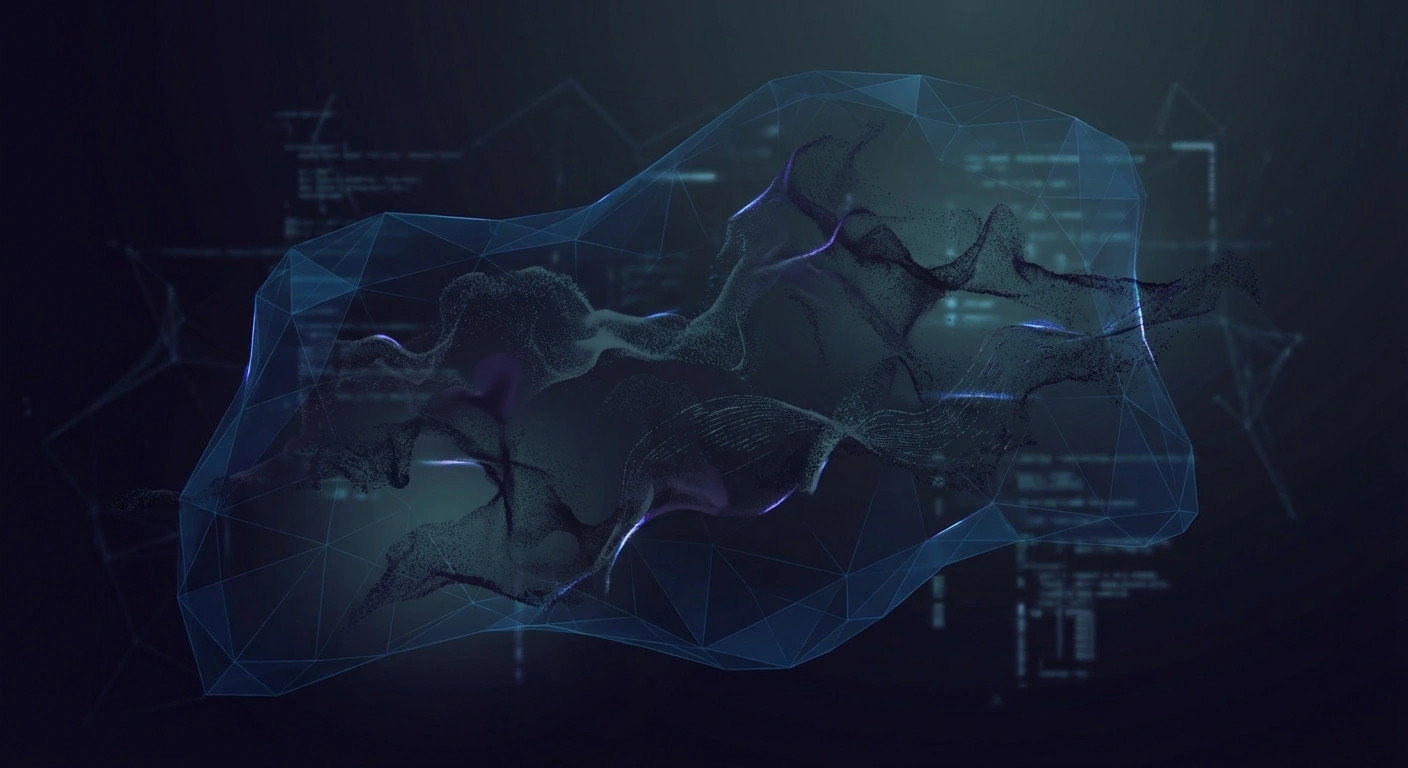AI Deepfake Scandal: Congress Leaders Face Legal Action
Indian Congress leaders face FIR over alleged AI-generated deepfake video featuring PM Modi and his late mother, raising concerns about political misuse of AI tech
A significant legal development has emerged in India's political landscape as Congress party leaders face a First Information Report (FIR) over an alleged AI-generated deepfake video featuring Prime Minister Narendra Modi and his late mother. This case marks a critical juncture in the intersection of artificial intelligence, politics, and digital authenticity.
The incident underscores the growing threat that deepfake technology poses to democratic processes and public discourse. As AI capabilities become increasingly sophisticated, the ability to create convincing fake videos of public figures has moved from science fiction to a pressing reality. The alleged deepfake involving PM Modi and his deceased mother represents a particularly sensitive misuse of this technology, combining political manipulation with personal emotional exploitation.
This case highlights several crucial concerns for digital authenticity in the modern era. First, it demonstrates how deepfakes can be weaponized for political gain, potentially influencing public opinion through fabricated content. The timing and nature of such videos can significantly impact electoral processes, policy debates, and public trust in legitimate media.
The legal response through the FIR filing sets an important precedent for how authorities might handle deepfake-related offenses. As countries worldwide grapple with regulatory frameworks for AI-generated content, this case could influence future legislation and enforcement strategies. It raises questions about accountability, verification standards, and the balance between technological innovation and preventing misuse.
For digital authenticity, this incident serves as a wake-up call about the urgent need for robust detection tools and verification systems. Media organizations, social platforms, and fact-checkers must enhance their capabilities to identify and flag AI-generated content quickly. The public also needs education about recognizing potential deepfakes and verifying information sources.
The emotional dimension of using someone's deceased family member in a deepfake adds another layer of ethical violation. This aspect could push lawmakers to consider stricter penalties for deepfakes that exploit personal grief or family relationships, recognizing the psychological harm beyond mere misinformation.
Looking forward, this case emphasizes the importance of developing comprehensive digital authenticity frameworks. These should include technological solutions like blockchain-based content verification, legal frameworks with clear penalties, and public awareness campaigns. As AI technology continues to advance, society must stay ahead of potential misuses while preserving legitimate applications of these powerful tools.
The outcome of this legal action could set the tone for how democracies worldwide address the deepfake challenge, making it a watershed moment for digital authenticity and political integrity in the AI age.



